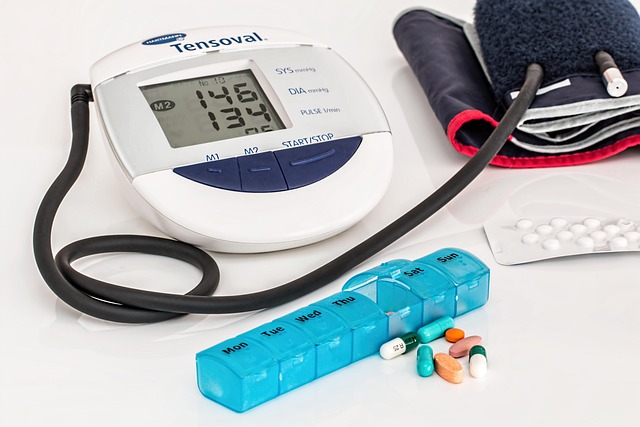Warning Signs of Kidney Dysfunction You Shouldn’t Ignore
Many people overlook the early signs of kidney dysfunction until it's too late. Learn which symptoms could signal a problem—and what you can do now to protect your kidney health. Early detection can prevent serious complications and improve your quality of life. Don’t ignore subtle warning signs,take charge of your health today!

Why Is Early Detection of Kidney Problems Critical?
Early detection of kidney dysfunction can significantly improve treatment outcomes and slow disease progression. When caught early, lifestyle changes and medical interventions can effectively manage kidney problems and prevent further damage. Regular screening becomes especially important for those with risk factors like diabetes, high blood pressure, or a family history of kidney disease.
What Are the Most Common Early Warning Signs?
Changes in urination patterns are often the first noticeable signs of kidney dysfunction. Watch for:
-
More frequent urination, especially at night
-
Foamy or bubbly urine
-
Dark-colored or blood-tinged urine
-
Difficulty urinating or decreased urine output
-
Pressure or difficulty during urination
How Do Physical Symptoms Indicate Kidney Problems?
Several physical symptoms may signal kidney dysfunction:
-
Swelling in feet, ankles, or hands
-
Persistent fatigue or weakness
-
Shortness of breath
-
Dry and itchy skin
-
Muscle cramps, especially at night
-
Puffiness around the eyes, particularly in the morning
What Lifestyle Changes Support Kidney Health?
Supporting kidney health naturally involves several key strategies:
-
Maintaining proper hydration with 6-8 glasses of water daily
-
Reducing sodium intake
-
Limiting processed foods
-
Regular exercise
-
Managing blood pressure and blood sugar
-
Avoiding excessive use of over-the-counter pain medications
When Should You Seek Medical Attention?
Immediate medical attention is warranted if you experience:
-
Severe back pain below the ribs
-
Significant changes in urination patterns
-
Blood in urine
-
Persistent swelling
-
Unexplained fever with any kidney-related symptoms
-
Extreme fatigue combined with other symptoms
What Treatment Options Are Available?
Treatment approaches vary based on the underlying cause and severity of kidney dysfunction:
| Treatment Type | Purpose | Typical Timeline |
|---|---|---|
| Lifestyle Changes | Prevention and early management | Ongoing |
| Medication | Control underlying conditions | Long-term |
| Dietary Modifications | Reduce kidney stress | Ongoing |
| Dialysis | Blood filtration support | 3-7 times weekly |
| Transplantation | Severe cases | One-time with ongoing care |
Note: Treatment costs vary significantly based on type, location, and insurance coverage. Independent research and consultation with healthcare providers are advised before making treatment decisions.
Your kidneys are essential for overall health and well-being. Being proactive about recognizing potential warning signs and seeking timely medical attention can make a significant difference in treatment outcomes and quality of life. Regular check-ups and lifestyle modifications remain the cornerstone of maintaining optimal kidney health.
This article is for informational purposes only and should not be considered medical advice. Please consult a qualified healthcare professional for personalized guidance and treatment.




